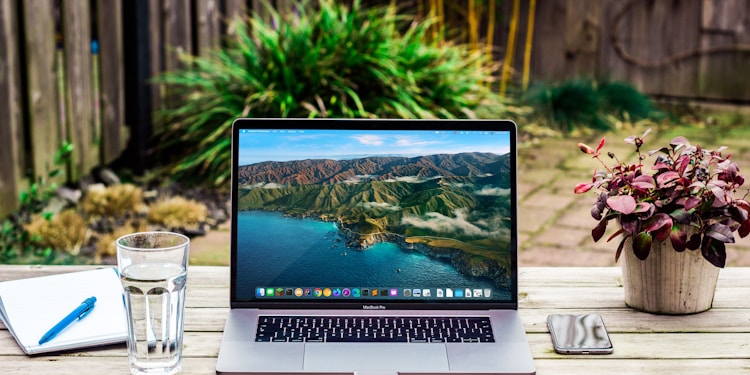Office germ hot spots are a common problem. These areas of your office are more likely to be contaminated than others. Because of high contamination, you may have more chances to contract a germ in these places while at work.
The best way to improve the safety of your work environment is to keep everything clean, especially the most notorious germ hotspots. Also, clean your hands and other surfaces often to avoid getting sick. When you wash your hands, ensure that the water is warm and that you use soap. If it’s not possible to wash your hands well, wipe them on a paper towel instead of rubbing them on a counter surface.
Also, at the workplace, you might be exposed to someone infected with influenza or another respiratory disease. It means that even if you don’t have flu symptoms, you can still catch it from someone else’s cough or sneeze. To protect yourself, you can use a White Umbrella air sterilizer to keep the air and workplace environment clean.
Whenever you hear a germ hotspot, the usual suspects will come to your mind. Like most people, you will be thinking of toilets, sinks, and trash cans. However, suppose you think about it carefully. In that case, there are many places in the office where people do not feel they need to wash their hands after using them because they are not near any dirty surfaces or because they had just touched something with their bare hands without washing them first.
Like everyone else, you will always ensure that the bathroom, kitchen, and other notorious germ spots are clean. But how often do you clean other items you use at the workplace?
There are many places where people touch their noses or mouths all day and then touch everything around them. These places are usually the germ hot spots that need regular cleaning. Here are some of the most common areas in your office where bacteria can grow and multiply:
Computer keyboards
Keyboards are a known hot spot for bacteria, germs, and viruses. When you type on a keyboard, you may touch your nose or tongue, which can transfer the bacteria to your computer screen. If you aren’t careful about cleaning your keyboard, it will become an incubator for germs.
Make sure you clean off your keyboard regularly to prevent spreading germs around your entire office space. For best results, use a soft cloth dampened with water or alcohol and wipe down every surface of your keyboard. You may need to use some rubbing alcohol if a lot of dried-on gunk is stuck between some keys like a sticky note. If using alcohol, be sure not to use too much because it can damage plastic parts in your keyboard over time.
Cabinets and countertops
These surfaces can harbor bacteria and viruses such as E. coli, staphylococcus aureus, salmonella, and legionella pneumophila.
If you’ve used public cabinets and countertops in your office or shared them with someone who hasn’t washed their hands in the last few hours, you may be spreading germs around your workplace without even realizing it. To help prevent this from happening, you should wash your hands frequently with soap and water after using cabinets and countertops.
Air vents
Ventilation systems expel moist air from buildings and offices so that it doesn’t accumulate in the same place. But that moist air can also bring harmful bacteria and viruses in dust and other particles floating inside the building. When these particles come into contact with skin cells on your hands or feet, they can cause diseases such as flu, colds, and even lung infection.
The office kitchen
Staph infections are on the rise due to poor food handling practices, according to the Centers for Disease Control and Prevention (CDC). It’s estimated that 20% of all office workers have experienced food poisoning at some point in their careers. Suppose you have ever visited a coworker’s desk after midnight. In that case, chances are you’ve encountered some bacterial infection, especially if they’ve been sick with something contagious like strep throat or flu symptoms.
Office chairs
These are the worst offenders, notorious for spreading germs around the workplace. A lot of people don’t clean their chairs after they’ve been sitting in them all day long. They may also have crumbs and other things that can provide a breeding ground for bacteria. When trying to get off work early because of sickness, ensure you’re cleaning your chair before you leave after each shift.
The office water cooler
The office water cooler is a lot more dangerous than you think. Most people don’t realize that the water in their office is not necessarily safe to drink, even though it may appear to be filtered and boiled. The hot water can spread germs from other people who use the same water dispenser, so it’s essential to take extra precautions.











